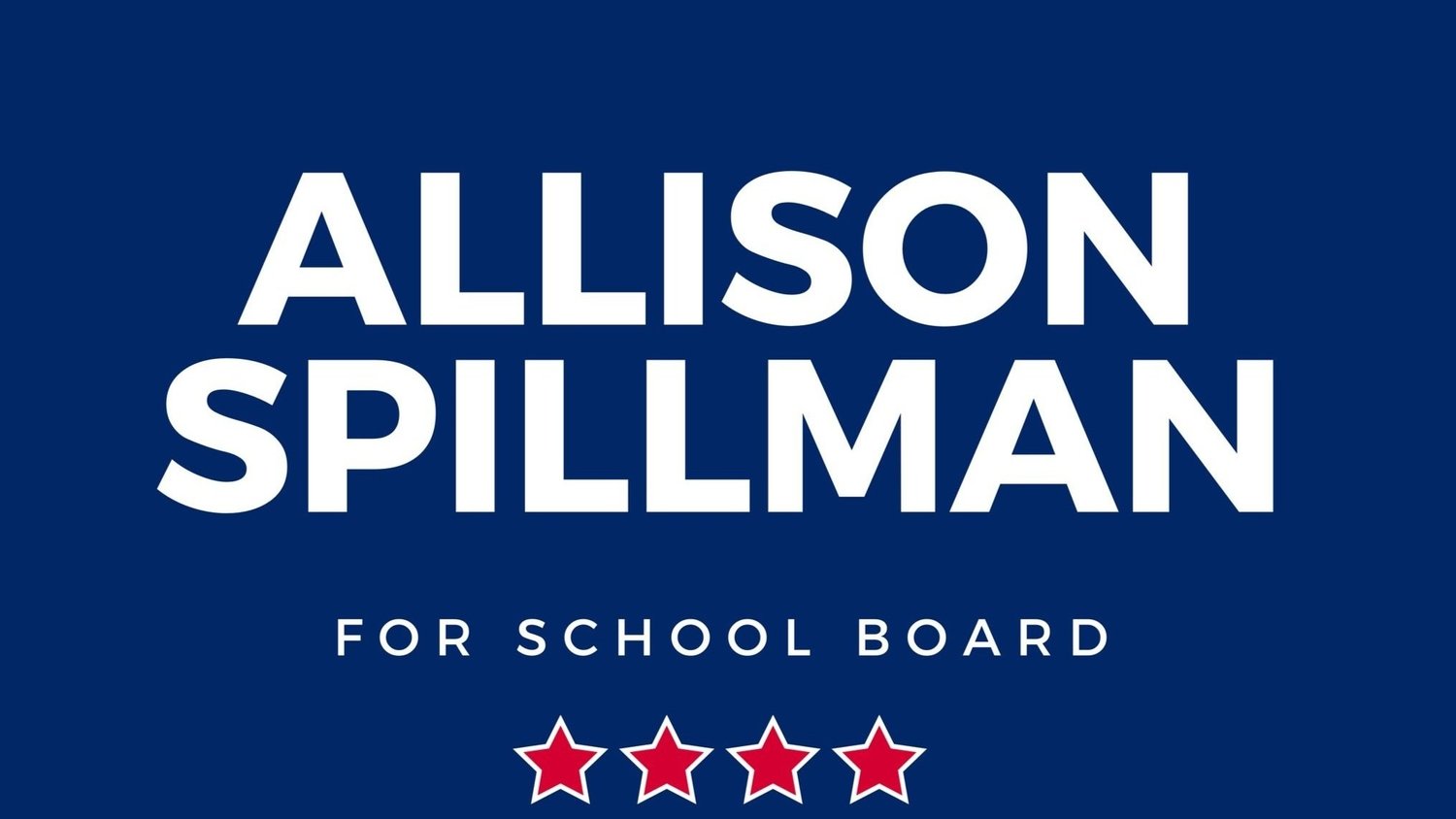Promoting Civics Education
With Independence Day this week, it is a timely moment to focus on civics education both nationally and locally. Americans’ knowledge and participation in civic life is vital to sustaining our democratic form of government. At a time when our democracy faces troubling threats, it is imperative that we equip our students with the knowledge, skills, and values necessary to actively participate in civic life.
Civics education lays the foundation for civic literacy, ensuring that students understand the principles, values, and institutions that underpin our pluralistic and democratic society. It provides them with the knowledge of our Constitution, the structure of federal and state governments, and the rights and responsibilities of citizens. By equipping our students with this fundamental understanding, we empower them to make informed decisions and become involved participants in our democratic process.
Unfortunately, however, the general public’s understanding of civics is relatively weak. According to a survey conducted last year by the Annenberg Public Policy Center at the University of Pennsylvania, less than half of Americans could name all three branches of the federal government, and one in four could not name any. In addition, less than a quarter of respondents identified freedom of the press, freedom of religion, the right to assemble, and the right to petition the government as protected by the First Amendment. Another survey found that more than half of Americans can’t name a single living Supreme Court Justice. This lack of basic civics knowledge leaves too many people ill-equipped to perform the functions required of us all as citizens: to understand how government is run, to speak out in support of our interests and causes, to vote for candidates knowledgeably, and to support the rule of law and democratic values.
Civic learning has been marginalized nationally over the past two decades, beginning with implementation of the No Child Left Behind Act of 2002, which rightly placed increased emphasis on reading and math fundamentals and STEM education, but failed to also adequately fund social sciences in our public schools. Federal investment in civics has been about 5 cents per year, compared to $50 for STEM. More recently, the proliferation of so-called “divisive concepts” bills, executive orders, and administrative actions–such as the one promulgated by Governor Youngkin last year–undermine public schools’ ability to teach students in a critical and honest assessment of our history, a subject that I have previously discussed.
But there is also some good news. There is widespread agreement across the political spectrum that civics education is more important than ever, with large majorities of both parties and independents strongly supporting civics education. Federal funding for civics education more than tripled last year, and new legislation introduced in Congress in February, if adopted, would prioritize federal educational grant funding for innovative civics learning and teaching.
Locally here in Albemarle County Public Schools, the Reframing the Narrative program received grant funding from the Charlottesville Area Community Foundation, and cohorts of ACPS teachers partnered with public history, community, and higher education partners to learn whole-truth and inclusive History and Civics content.
As a school board candidate, I wholeheartedly support these efforts to continue to develop our students’ knowledge of civics and government. I also support partnering with other local institutions, such as UVA’s Karsh Institute for Democracy, UVA’s Center for Politics, Monticello, and the Jefferson School African American History Center, to continue to improve ACPS teachers’ knowledge of civics, government, and the Constitution. This could include, for instance, providing monetary stipends to teachers who complete graduate-level coursework in the field, such as UVA’s Summer Civics Institute.
In sum, investing in civics education is an investment in the future of our democracy. By promoting and enhancing civics education in our public schools, we can help cultivate a generation of young leaders who are prepared to shape the future of our society in a positive direction.
